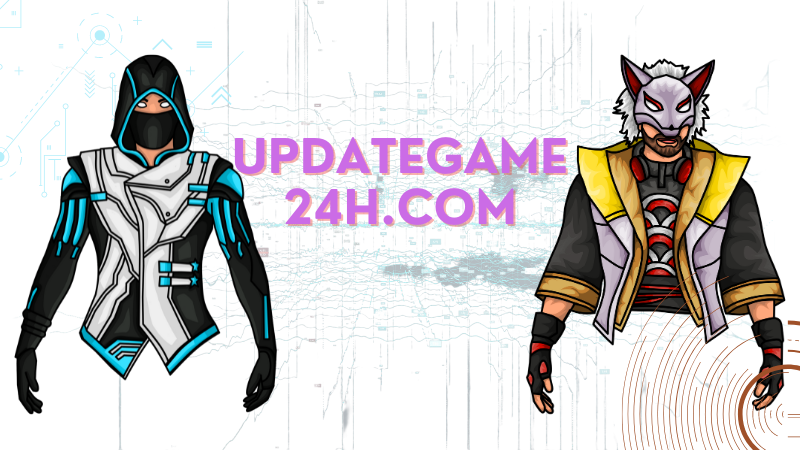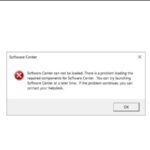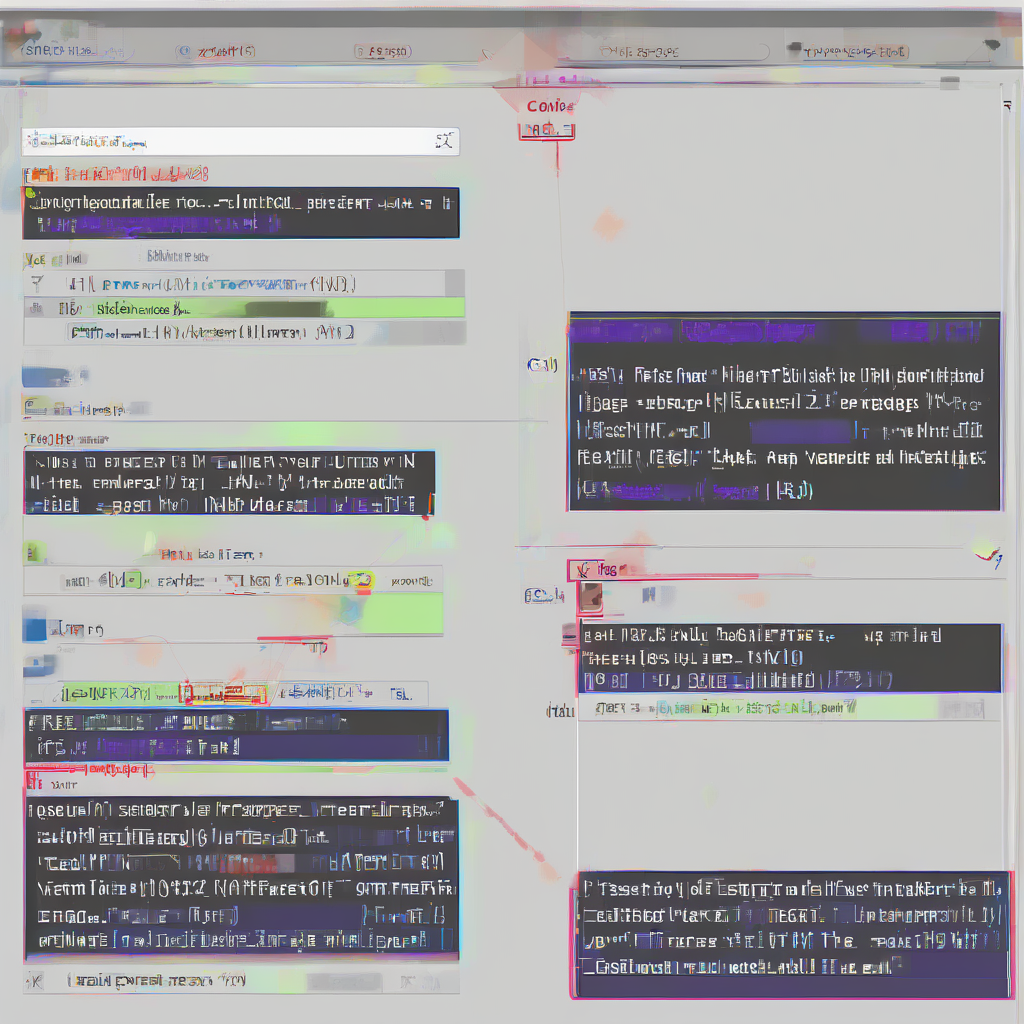CRM for Recruitment Agencies: A Comprehensive Guide to Streamlining Your Hiring Process
In today’s competitive recruitment landscape, agencies need every advantage to thrive. A robust CRM (Customer Relationship Management) system is no longer a luxury but a necessity. This guide will explore the transformative power of CRM for recruitment agencies, detailing its benefits, key features, implementation strategies, and best practices. We’ll delve into how CRM empowers you to attract, engage, and convert candidates into top talent.
Understanding the Importance of CRM in Recruitment
- Enhanced Candidate Management: A centralized repository for candidate data, including resumes, contact information, skills, experience, and interview feedback. This eliminates the need for spreadsheets and provides a comprehensive view of each candidate’s journey.
- Improved Communication & Collaboration: Streamlined communication channels within your team, ensuring seamless coordination and efficient information sharing, whether it’s sharing candidate profiles, scheduling interviews, or providing updates to clients.
- Data-Driven Decision Making: Generate insightful reports and analytics to understand candidate trends, track recruitment performance, and identify areas for improvement. This empowers you to make informed decisions, optimize your recruitment strategies, and maximize your success rate.
- Automation & Efficiency: Automate repetitive tasks like sending emails, scheduling appointments, and generating reports, freeing up valuable time for your team to focus on building relationships and strategic initiatives.
- Better Candidate Experience: Provide a personalized and seamless candidate experience by leveraging automated communication, personalized updates, and prompt responses to inquiries.
- Stronger Client Relationships: Nurture long-term relationships with clients by providing them with real-time updates, transparent communication, and access to a pool of highly qualified candidates.
Key Features of a CRM for Recruitment Agencies
- Candidate Tracking & Management: A robust system to track candidates from initial contact through the entire hiring process. It should include features like:
- Candidate profiles with comprehensive information
- Resume parsing and storage
- Skill and experience tagging
- Communication history and notes
- Status updates and pipeline management
- Job Board Integration: Seamless integration with job boards to attract and manage candidates. This includes:
- Posting job openings on multiple platforms
- Candidate sourcing and screening
- Automated application tracking
- Communication & Collaboration Tools: Effective tools for team communication, including:
- Internal messaging and collaboration features
- Email templates for candidate communication
- Automated email sequences
- Shared calendars and scheduling tools
- Reporting & Analytics: Powerful reporting and analytics dashboards to:
- Track key recruitment metrics (time-to-hire, fill rate, cost per hire)
- Analyze candidate flow and identify bottlenecks
- Generate custom reports for clients
- Client Management: Tools to manage client relationships effectively, including:
- Client profiles with details about their hiring needs
- Communication logs and client feedback
- Contract and invoice management
- Integration with Other Tools: The CRM should integrate seamlessly with other tools used by recruitment agencies, such as:
- Applicant Tracking Systems (ATS)
- Social media platforms
- Email marketing platforms
- Payment gateways
Choosing the Right CRM for Your Recruitment Agency
- Define Your Requirements: Clearly identify your specific needs and requirements. Consider factors like agency size, type of recruitment, target audience, budget, and desired features.
- Research and Compare Options: Explore available CRM solutions designed for recruitment agencies. Compare features, pricing plans, user reviews, and industry reputation.
- Consider Your Team’s Expertise: Choose a CRM that aligns with your team’s technological proficiency and comfort level. Opt for user-friendly interfaces and robust support resources.
- Prioritize Integration Capabilities: Ensure the CRM seamlessly integrates with your existing tools and systems to avoid data silos and streamline your workflow.
- Seek Recommendations and Testimonials: Reach out to other recruitment agencies for recommendations and insights into their experiences with different CRM solutions.
Implementing and Optimizing Your CRM System
- Data Migration: Transfer existing candidate and client data into your CRM system accurately and efficiently.
- User Training: Provide comprehensive training to your team on how to use the CRM effectively. Encourage practice sessions and provide ongoing support.
- Customization: Tailor the CRM to your agency’s specific needs and processes. Customize fields, workflows, and reporting features to optimize efficiency.
- Process Optimization: Continuously analyze your recruitment processes and identify areas for improvement. Leverage the CRM’s reporting features to identify bottlenecks and streamline workflows.
- Regular Maintenance & Updates: Ensure your CRM system is kept up to date with the latest features and security patches. Regularly back up your data to protect against system failures or data loss.
Best Practices for Using CRM in Recruitment
- Capture Comprehensive Candidate Data: Gather detailed information about each candidate, including their skills, experience, career aspirations, and salary expectations. This allows for more accurate matching and personalized communication.
- Prioritize Candidate Engagement: Maintain consistent communication with candidates throughout the hiring process. Respond promptly to inquiries, provide updates, and personalize your messaging to build rapport.
- Leverage Data for Decision Making: Use the CRM’s reporting features to analyze candidate trends, identify top-performing sources, and measure the effectiveness of your recruitment strategies.
- Track and Manage Client Interactions: Use the CRM to manage client relationships, track communication, and provide regular updates on candidate progress.
- Integrate CRM with Other Tools: Maximize efficiency by seamlessly integrating your CRM with other recruitment tools, such as applicant tracking systems, social media platforms, and email marketing tools.
The Future of CRM in Recruitment
The recruitment industry is constantly evolving, and CRM solutions are evolving alongside it. Expect to see advancements in areas such as:
- Artificial Intelligence (AI) & Machine Learning (ML): AI-powered CRM features will enable automated candidate sourcing, personalized recommendations, and predictive analytics, enhancing the recruitment process further.
- Enhanced User Experience: CRM solutions will become more user-friendly and intuitive, with mobile-optimized interfaces and seamless integrations.
- Focus on Candidate Experience: CRM systems will continue to prioritize providing a positive and personalized candidate experience, attracting and retaining top talent.
- Increased Data Security & Privacy: Emphasis on data privacy and security will be paramount, ensuring compliance with relevant regulations and safeguarding sensitive candidate information.
Conclusion
CRM is no longer a nice-to-have for recruitment agencies; it’s a strategic necessity. By embracing CRM, agencies can streamline their recruitment processes, improve candidate engagement, make data-driven decisions, and ultimately, achieve greater success. As the recruitment landscape continues to evolve, CRM solutions will play an even more critical role in shaping the future of talent acquisition.







